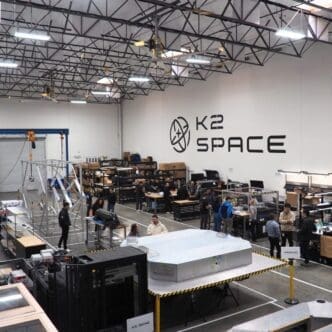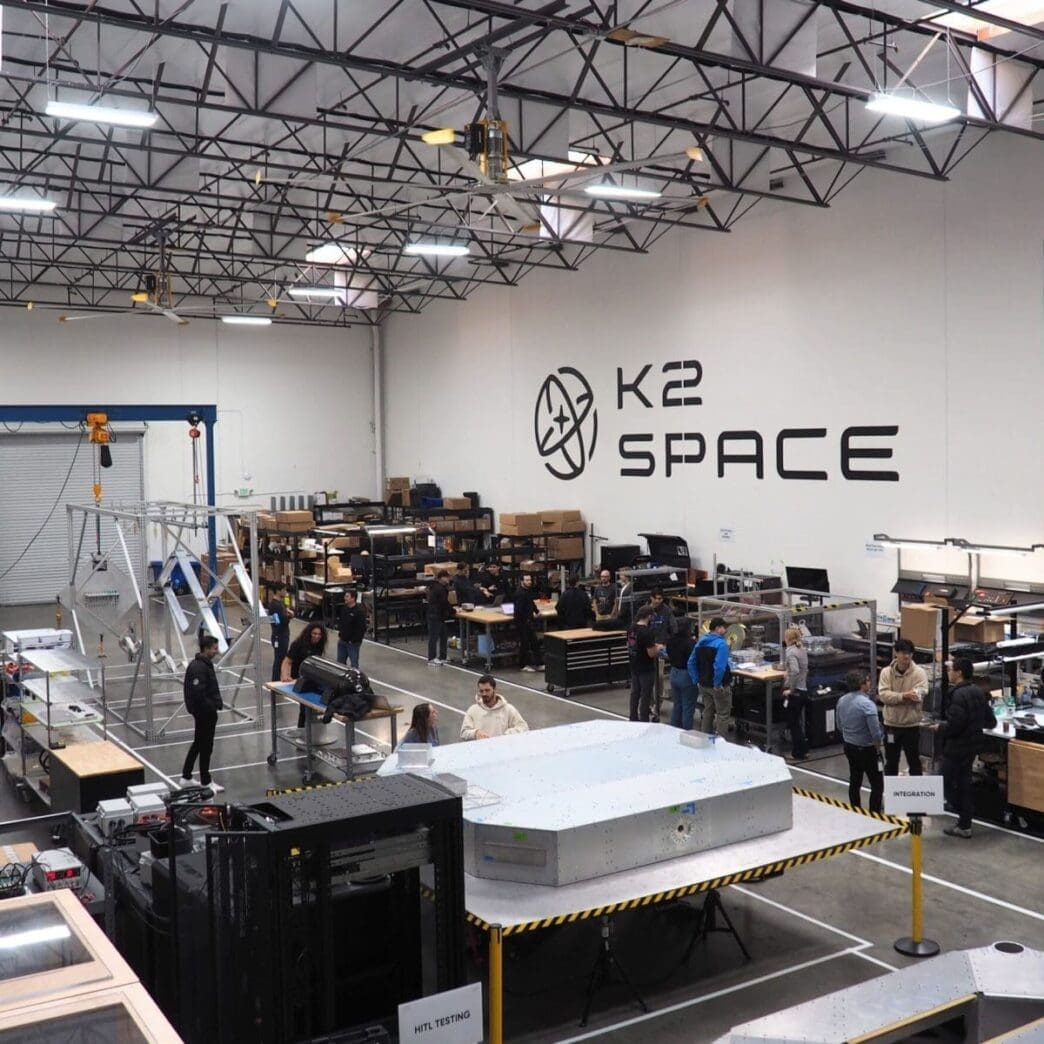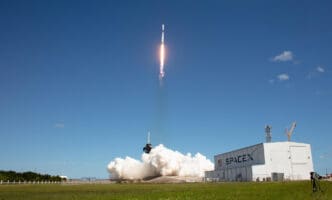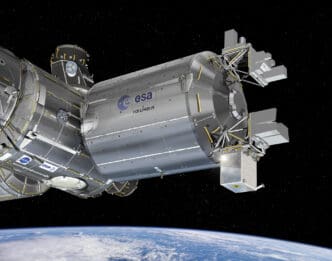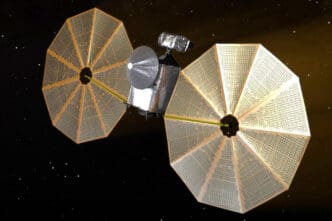California-based K2 Space, a burgeoning satellite manufacturer, has been awarded a significant $30 million contract by the U.S. Space Force. This funding spearheads the launch of their inaugural Mega Class satellite, marking a pivotal moment for the company established merely two years ago.
The contract forms part of the Strategic Financing Initiative (STRATFI) program, which strategically combines government resources with private investments to enhance advanced space technologies. This initiative pools together funding from the Space Force’s SpaceWERX entity, the Air Force Research Laboratory, and the Pentagon’s Space Test Program, culminating in a total project value of $60 million. Initial announcements of this agreement were made in August, but comprehensive details emerged on December 19.
K2 Space’s Mega Class spacecraft bus aims to revolutionize the industry by challenging the traditional link between a satellite’s mass and its cost. Their strategy is to offer satellite buses priced at approximately $15 million, a cost usually associated with much smaller systems. The innovative design features a 3-meter by 3-meter payload deck with the capability to stack up to ten units within a single Falcon 9 rocket fairing or comparable vehicle. The satellite is versatile, designed to function in low, medium, and higher Earth orbits, focusing on national security functionalities like the “Resilient GPS” program.
K2 Space co-founder and CEO, Karan Kunjur, remarked on the unique market space the company is targeting, stating, “We’ve gotten a lot of feedback that our bus fills a significant gap in the current architecture.” He highlighted that while many manufacturers cater to the low Earth orbit satellite market, the demand for capabilities in medium Earth orbit (MEO) and beyond remains underrepresented.
Nicknamed the ‘Gravitas’ mission, the STRATFI contract is allocated for the satellite’s design, integration, and eventual launch. This mission is scheduled for February 2026 via a SpaceX rideshare mission to low Earth orbit. Following its initial phase in low Earth orbit, where it will undertake a 12-week series of experiments with national security payloads, K2 Space’s proprietary electric propulsion system will elevate the satellite to MEO at around 12,000 miles. Kunjur estimates this transition phase can be achieved in less than three months, after which the satellite will conduct additional tests, including space weather monitoring.
This extensive STRATFI agreement follows several smaller Small Business Innovation Research (SBIR) awards, reflecting escalating military interest in large, high-powered satellite bus technology. Such platforms hold potential for a variety of defense applications, ranging from space domain awareness to more integrated communications and navigation systems. By proceeding with the Gravitas mission, K2 Space positions itself as one of the early commercial entities demonstrating operational proficiency in MEO.
The acquisition of the $30 million contract from the U.S. Space Force underlines K2 Space’s emerging role in pioneering satellite technology for national security purposes. Their innovative Mega Class satellite bus not only addresses existing gaps in the market but also establishes a new benchmark for future space missions. With the upcoming Gravitas mission, K2 Space stands at the forefront, ready to expand its influence in the evolving landscape of space exploration.
Source: Spacenews

